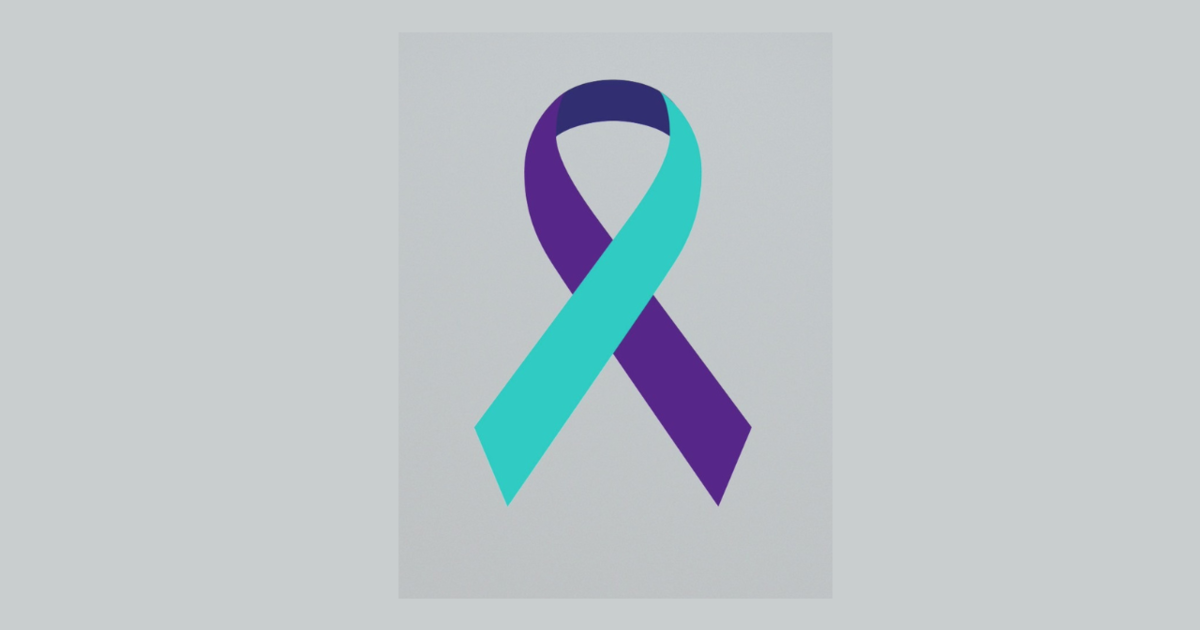Plan For Business Emergencies With A Business Continuity Plan
When developing a business plan, most entrepreneurs are aware of potential financial emergencies. Factors such as economic downturns, slow sales and new competition are often on the forefront of any business owner's mind. However, there are other situations with the potential to severely disrupt your business operations. These include natural disasters, the death of a high level employee or business owner, robbery or a host of other unexpected events. Having a continuity plan in place can help you manage these unexpected and highly stressful situations.
The Basics
A continuity plan details steps that your business will take to remain operational in the wake of an unforeseen circumstance. According to ready.gov, "When business is disrupted, it can cost money. Lost revenues plus extra expenses means reduced profits. Insurance does not cover all costs and cannot replace customers that defect to the competition. A business continuity plan to continue business is essential." Preparing for situations such as fire, flood and other disasters that wipe out your operations is important to keep things running smoothly until you can replace everything.
Identify Critical Components Of Business
One of the most important parts of the continuity plan is to know which functions of your business are the most critical. This way, you can prepare to get them back online first. The Business Development Bank of Canada advises to identify the major operational units of your business, then rate the negative level of impact an emergency in each one can have on various key areas such as financial, employees or customers. For example, if you run a service-oriented business, this may mean making sure that you have a working phone line to contact customers in the event of an emergency, so they know how they will be impacted.
Back Up
To ensure that your most business critical data is not impacted in the event of an emergency, think about an off-site or cloud-based backup system. This way, if you lose your server, your data will remain safe. It is important to back up regularly, as it can shorten your time of being without operations. Make sure that all employees know how to access the backup.
Thinking about natural or man-made disasters is never easy, but doing so can keep these instances from tanking your business. Take the time to evaluate your business and set a plan to minimize the impact a disaster can have on the operations of your company.
Looking to streamline your small business's workflow? Visit usa.canon.com/maxify.
For more tips and inspiration for small business owners,
visit CBS Small Business Pulse Chicago.



